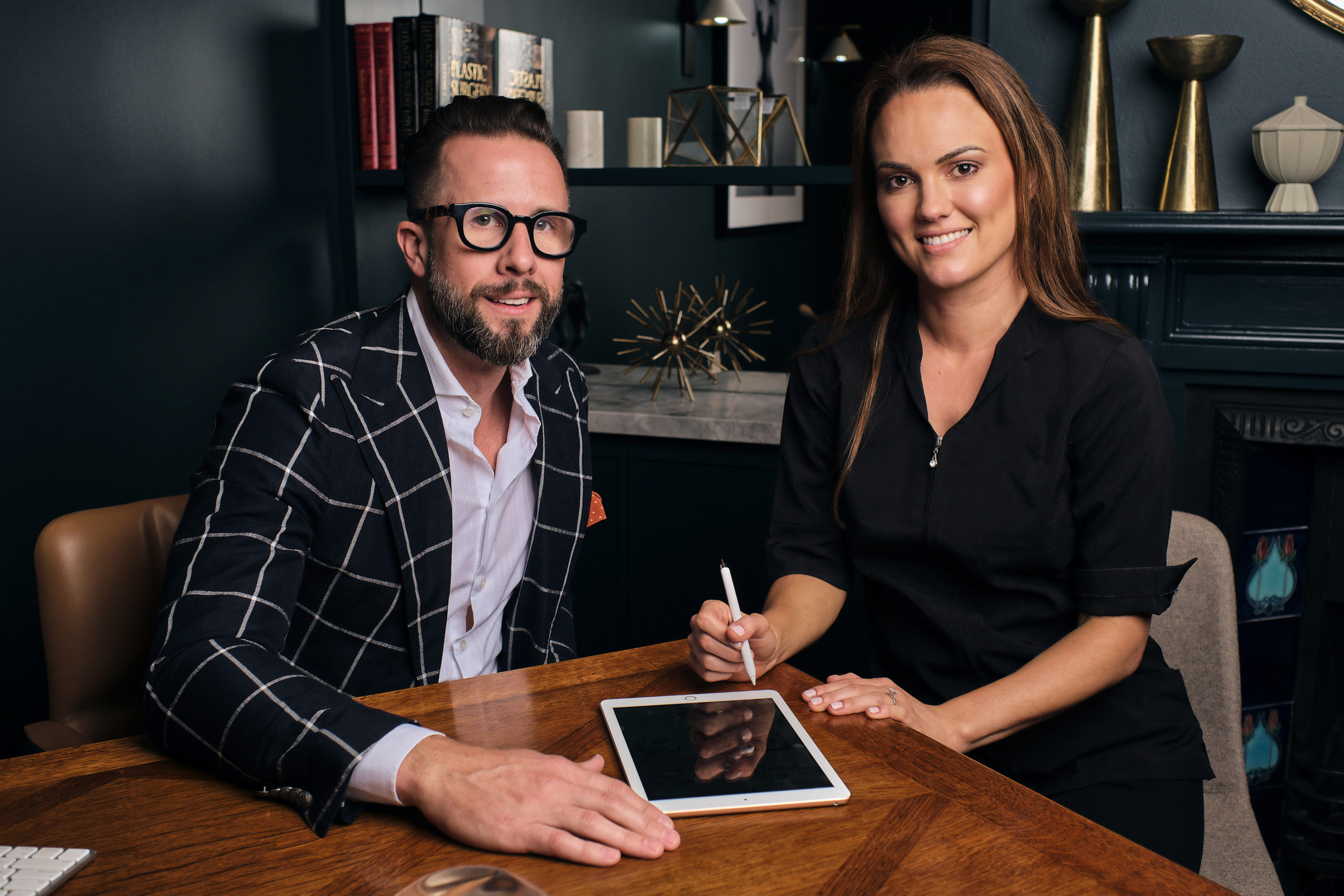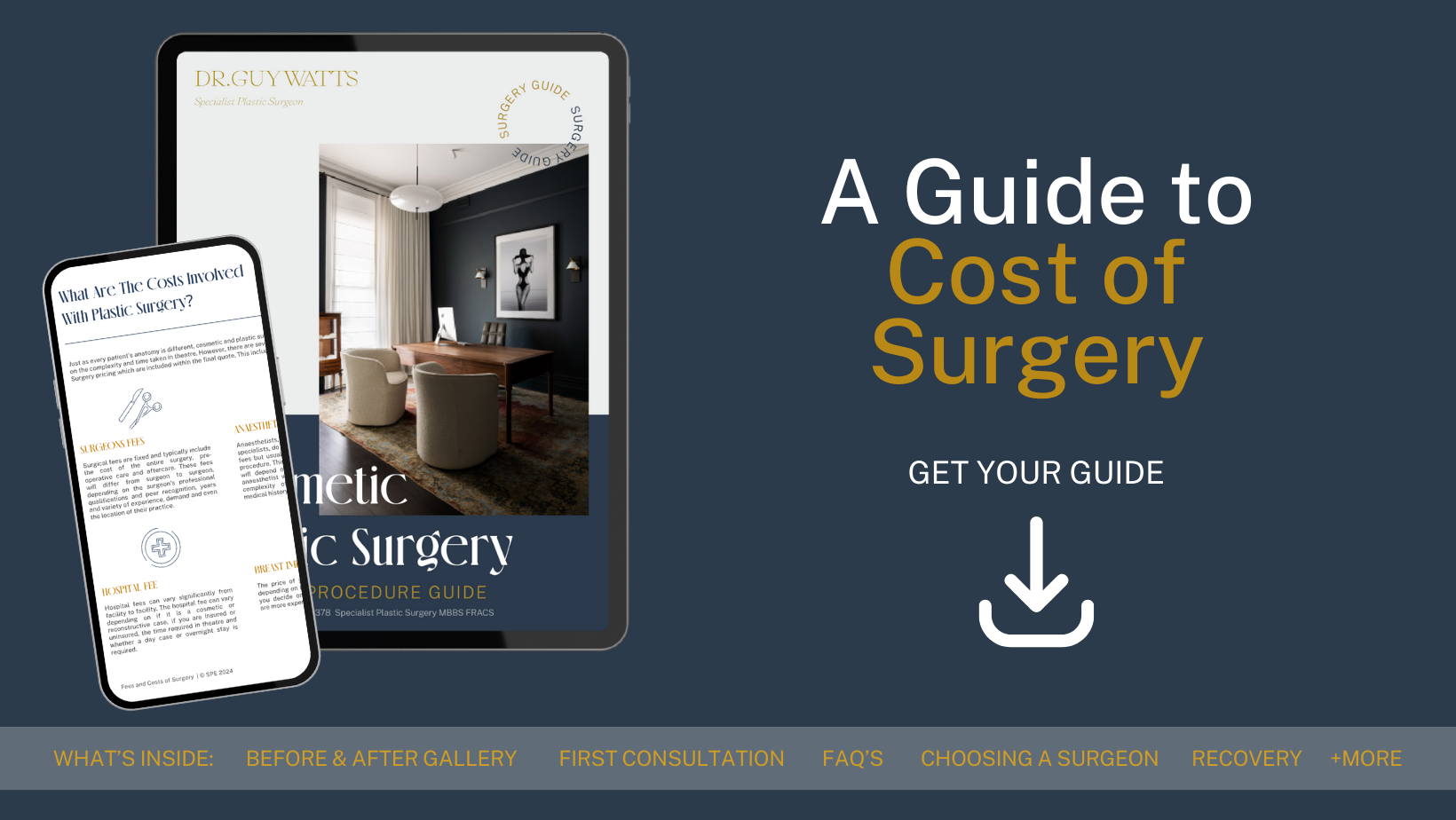
08 Aug “Improve My Body” Responsible Cosmetic Surgery Language
In the realm of cosmetic surgery, communication is vital. Patients seek guidance and information to make well-informed decisions about altering their appearance. While it’s essential to provide honest and comprehensive information, there is a growing concern about the use of certain catchphrases and exaggerated claims in cosmetic surgery marketing.
In this blog post, we will explore why terms like “will change your life,” “boost your confidence,” “improve your body image,” and “improve self-esteem” should be used sparingly or avoided altogether when educating patients about cosmetic surgery.
Take our quiz, and find out if you are you ready for surgery?
Setting Realistic Expectations on Enhancing Your Body
Using sensational language to describe cosmetic surgery can create unrealistic expectations for patients. Cosmetic procedures can indeed produce significant alterations to one’s appearance, but they may not lead to life-changing transformations or instant boosts in confidence. By avoiding exaggerated claims and language like “will change your life,” “boost your confidence,” “improve your body image,” and “improve self-esteem”, patients can make more realistic decisions based on achievable outcomes and potential risks associated with the procedure.
“I Want to Improve My Body” – Recognising Individual Perceptions
Beauty is subjective, and the way cosmetic surgery impacts one’s life and self-esteem is deeply personal. While some individuals may experience increased self-confidence and improved body image after surgery, others may find their self-esteem remains largely unaffected. It is essential to acknowledge that everyone’s perception of beauty and the emotional impact of cosmetic surgery can differ significantly.
Avoiding Emotional Manipulation
Employing phrases that promise life-changing results or heightened self-esteem may inadvertently manipulate patients’ emotions and vulnerabilities. Patients may feel pressured into undergoing a procedure, expecting radical changes in their lives and self-worth. As a responsible medical professional, it is crucial for Dr Watts, to maintain an ethical approach and provide information without exploiting patients’ emotions.
Focusing on Informed Consent
Informed consent is a cornerstone of ethical medical practice. Patients must be fully informed about the potential benefits and risks of any medical procedure, including cosmetic surgery. Using exaggerated claims like “will change your life,” “boost your confidence,” “improve your body image,” and “improve self-esteem” can distract patients from understanding the actual outcomes and potential complications involved.
It is essential to provide accurate and unbiased information, allowing patients to make informed decisions based on facts rather than emotionally charged statements.
Respecting Mental and Emotional Health for Patients Looking to Improve Body Image
Cosmetic surgery can undoubtedly have positive effects on a person’s mental and emotional well-being. However, relying solely on surgery to improve self-esteem or body image can overlook underlying psychological issues that might require counselling or therapy. As responsible healthcare providers, we must prioritise mental health and encourage patients to address any underlying emotional concerns before proceeding with surgery.
Celebrating Individuality and Diversity
Language that promises radical changes through cosmetic surgery may inadvertently perpetuate narrow beauty standards and fuel the idea that there is a one-size-fits-all solution to appearance-related concerns. Instead, we should celebrate individuality and promote diverse representations of beauty. Cosmetic surgery can help patients enhance their unique features, but the goal should always be to help them feel more confident in their authentic selves.
Encouraging a Holistic Approach to Well-Being
Cosmetic surgery can be a valuable tool in altering one’s appearance, but it is not a solution for all life’s challenges. As a healthcare professional, Dr Watts must encourage patients to adopt a holistic approach to well-being, which includes physical, mental, and emotional aspects. Building self-confidence and a positive body image can come from various sources, such as exercise, healthy lifestyle choices, and self-acceptance.
DOWNLOAD DR WATTS’ GUIDE TO COST OF SURGERY

Conclusion
In conclusion, responsible language is of paramount importance when educating patients about cosmetic surgery. We should prioritise transparency, honesty, and respect for patients’ emotions and vulnerabilities. Avoiding terms previously mentioned allows patients to make informed decisions and set realistic expectations.
As medical professionals, our duty is to provide comprehensive information, highlight potential risks, and support patients in their pursuit of their desired appearance. By fostering a respectful and ethical approach to cosmetic surgery education, we can empower patients to make choices that align with their unique desires and goals.
Let us prioritise patient well-being and celebrate the diverse beauty that exists in the world, embracing individuality and promoting a positive outlook on self-image and personal growth.
Dr. Guy Watts
FRACS (Plas) – Specialist Plastic Surgeon In Perth WA
Dr. Guy Watts is a Specialist Plastic Surgeon (AHPRA MED0001539378) with an extensive career that spans across renowned plastic surgery clinics worldwide. His experience has been honed through invaluable experiences at esteemed establishments such as the New York Eye and Ear Infirmary and the renowned Pitanguy Clinic in Brazil.
Having collaborated with the foremost cosmetic plastic surgeons on a global scale, Dr. Watts has chosen to return to Perth after a 17-year journey of intensive training and invaluable professional experience to bring the latest practices and technology in cosmetic plastic surgery to his patients.
Dr. Watts is a Fellow of the Royal Australasian College of Surgeons (FRACS) and a Member of the Australian Society of Plastic Surgeons (ASPS), Australasian Society of Aesthetic Plastic Surgeons (ASAPS) and the International Society of Aesthetic Plastic Surgeons (ISAPS).








Sorry, the comment form is closed at this time.